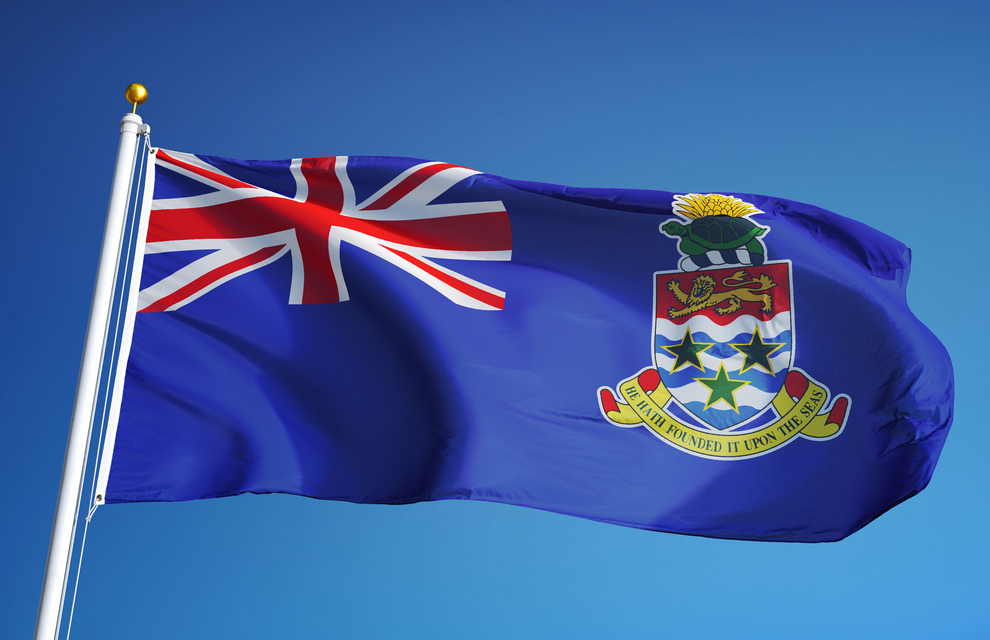The Cayman Islands Monetary Authority (CIMA) revealed that as of 31 March 2020 there were a total of 660 Class B, C and D insurance companies and 25 insurance managers under the supervision of the Division.
Pure captives and group captives represented the two main categories, with 283 and 125 companies, showing a slight increase in group captives and while pure captives remain stable compared to Q4 2019 figures of 283 and 123, respectively.
The Q1 results showed that 20 percent of the total Class B, C, and D insurance companies were formed as segregated portfolio companies, with over 600 segregated portfolios.
There were a total of 780 insurance licensees under the supervision of the Insurance Supervision Division as at 31 March 2020, of which 95 and 685 related to domestic and international insurance markets, respectively. This figure has increased from 764 in Q4 2019.
The Cayman Islands international insurance industry consists mainly of companies insuring risks in North America and remains the leading domicile for healthcare captives, representing almost one-third of all the captives on the island.
As at 31 March 2020, medical malpractice liability (MedMal) continues to be the largest primary line of business with approximately 26 percent companies (re)insuring MedMal, and workers’ compensation, the second largest with over 22 percent of companies assuming this risk.
Commenting on the Q1 figures, Adrian Lynch, Insurance Managers Association of Cayman vice-chair, said: “I am encouraged by the consistency of our results in Q1 in Cayman. Obviously everything in life nowadays will have a pre and post-COVID-19 lens. We must remember that Q1 results will often contain the carryover from 2019 efforts, however, they remain a reflection of the hard work and innovative strategies of many of Cayman’s managers.”
He continued: “I am particularly impressed by the growth in non-healthcare stats again reflective of diversification in our market while remaining true to our roots in healthcare. Longevity growth is also consistent and though not material in terms of license stats it is hugely impressive in terms of premiums written. It would be remiss of me not to consider the potential impact of COVID-19.”
“We see many of our clients being impacted from a liquidity and capacity perspective but what is clear is that the captive remains a key strategic ally in their risk financing and risk mitigation conversations. Our risk manager clients are getting far more air time with their C-suite and the captive is being seen as a legitimate capacity creator within programmes seeking support.”
“Our pipeline for Cayman is strong and all the portents are very positive in terms of growth opportunities despite the anticipated losses resulting from COVID-19. The knock-on effect here will be a tightening in capacity thus expanding the captive conversation. I expect Q2 will be equally as solid, we may see a dip in Q3 due to the COVID-19 effect and I imagine Q4 will likely be the busiest we have seen in years,” he added.


